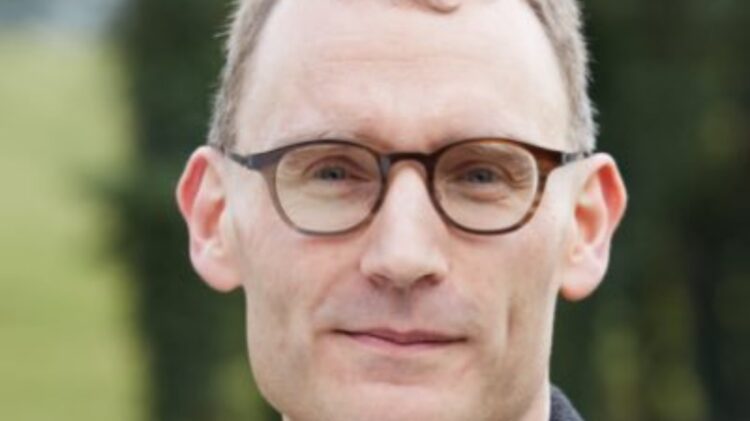By Tony O’Riley-
Neil Ferguson, dubbed professor lockdown who is part of the New and Emerging Respiratory Virus Threats Advisory , said he is “hopeful” that the nation could be in its “final lockdown”.
He is part of the new and Emerging Respiratory Virus Threats Advisory Group.
On Wednesday, chief scientific adviser Sir Patrick Vallance said it was crucial to ease restrictions “cautiously” and rejected the idea of setting of deadlines.
However, Mr Johnson’s “road map” for easing England’s third national lockdown is due out in the week starting 22 February, with 8 March earmarked for a wide reopening of schools.
Now, Professor Ferguson, the Imperial College London academic whose modelling was crucial in compelling Mr Johnson into imposing the first lockdown, said the nation is “in a better place than I might have anticipated a month ago”.
“The lockdown has really driven down cases quite fast,” he told Politico’s Westminster Insider podcast this week.
“They’re basically halving about every 17 days at the moment or so, and that means in a month’s time – the prime minister’s talked about potentially reopening schools, we might have some bandwidth to do that, at least primary schools.
“And if we continue to see then a continued decline without large outbreaks, then perhaps starting to relax other aspects of society the following month.”
Professor Ferguson estimated that around a third of the UK population now has some immunity to Covid-19, partly because so many people have been naturally infected, and partly because of the vaccine rollout.
While acknowledging “a bumpy road” ahead, he said “I’d be a fool to try and predict out six months” but that he believes the vaccines will start allowing restrictions to be eased.
Nonetheless, he echoed the views of other scientists in cautioning that social distancing measures must be relaxed slowly in order to prevent another spike in infections.
“I’m hopeful it will be the final lockdown, so long as we are relatively cautious in coming out of this lockdown,” Professor Ferguson said.
“If we relax too quickly without seeing the effect of each stage of relaxation, we may do what we’ve done before and relax too much, see a surge in case numbers, and still need to tighten up measures again.”
Mark Harper, the former chief whip who chairs the Covid Recovery Group of lockdown-sceptic Tory MPs, said the prime minister must publish his plan on 22 February, saying it is “crucial we don’t backslide on this”.
Mr Johnson and other ministers have variously committed to detail the plan that Monday, or during the week that follows.
But on Thursday the prime minister’s official spokesman said: “We’ve been clear we will publish the road map on the week of the 22nd.”
On Wednesday, chief scientific adviser Sir Patrick Vallance said it was crucial to ease restrictions “cautiously” and rejected the setting of deadlines.
“The virus isn’t going to be particularly interested in dates,” he said at a Downing Street press conference.
Tory former chief whip Mark Harper, chairman of the Covid Recovery Group, said: “The Prime Minister, vaccines minister and Health Secretary have all confirmed that the plan for lifting restrictions would come on February 22.
“It’s crucial we don’t backslide on this, not least because the Government has said it wants to give schools two weeks notice before they open, and – as the PM said – it is the ‘settled will’ of most MPs that pupils should be back in school on March 8.”
Britain is in its third lockdown since the beginning of the pandemic. The government has yielded to scientific advice at every stage of each lockdown, but has been criticised for changing the goal posts, particularly in relation to the re-opening of schools




